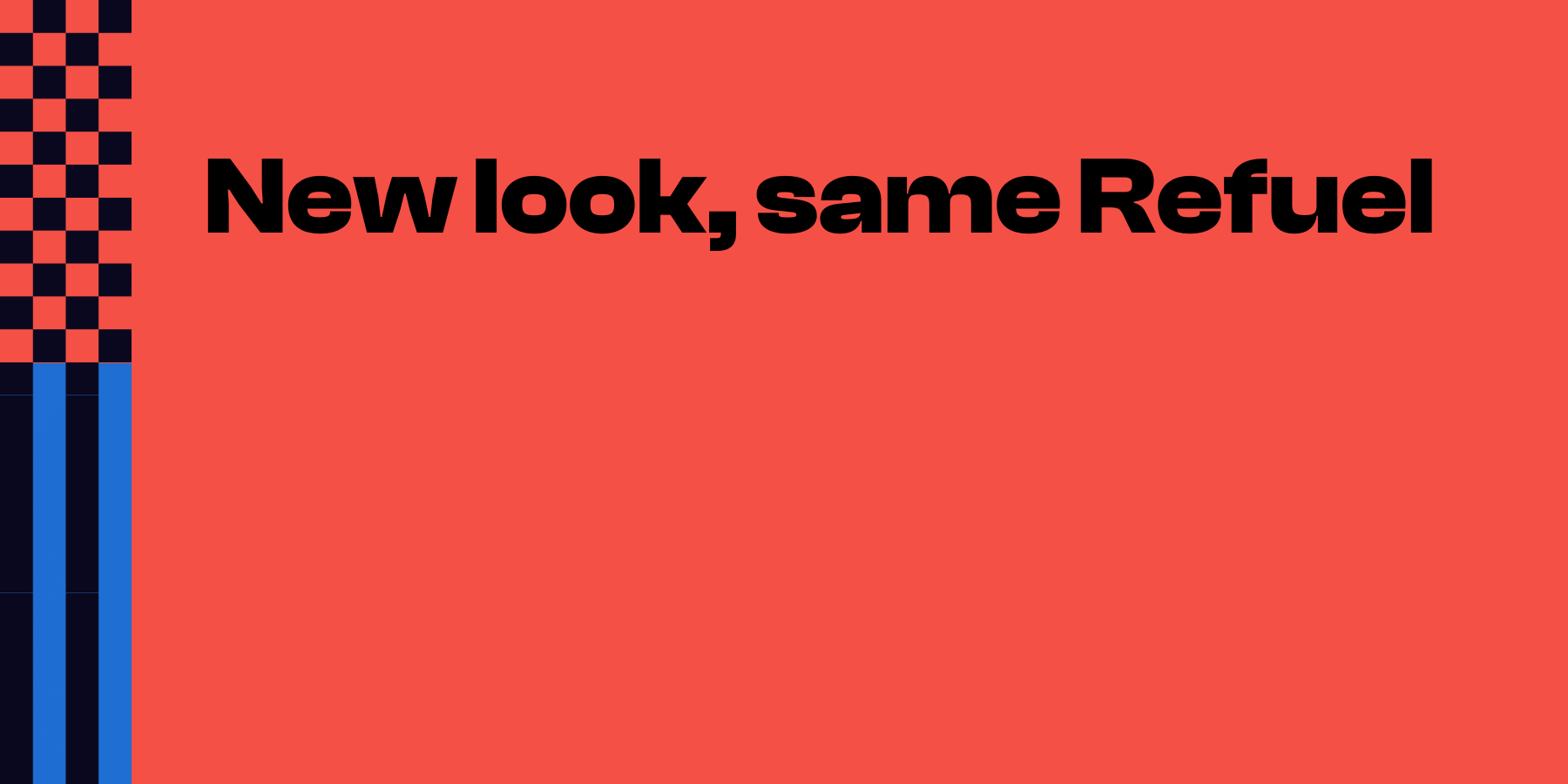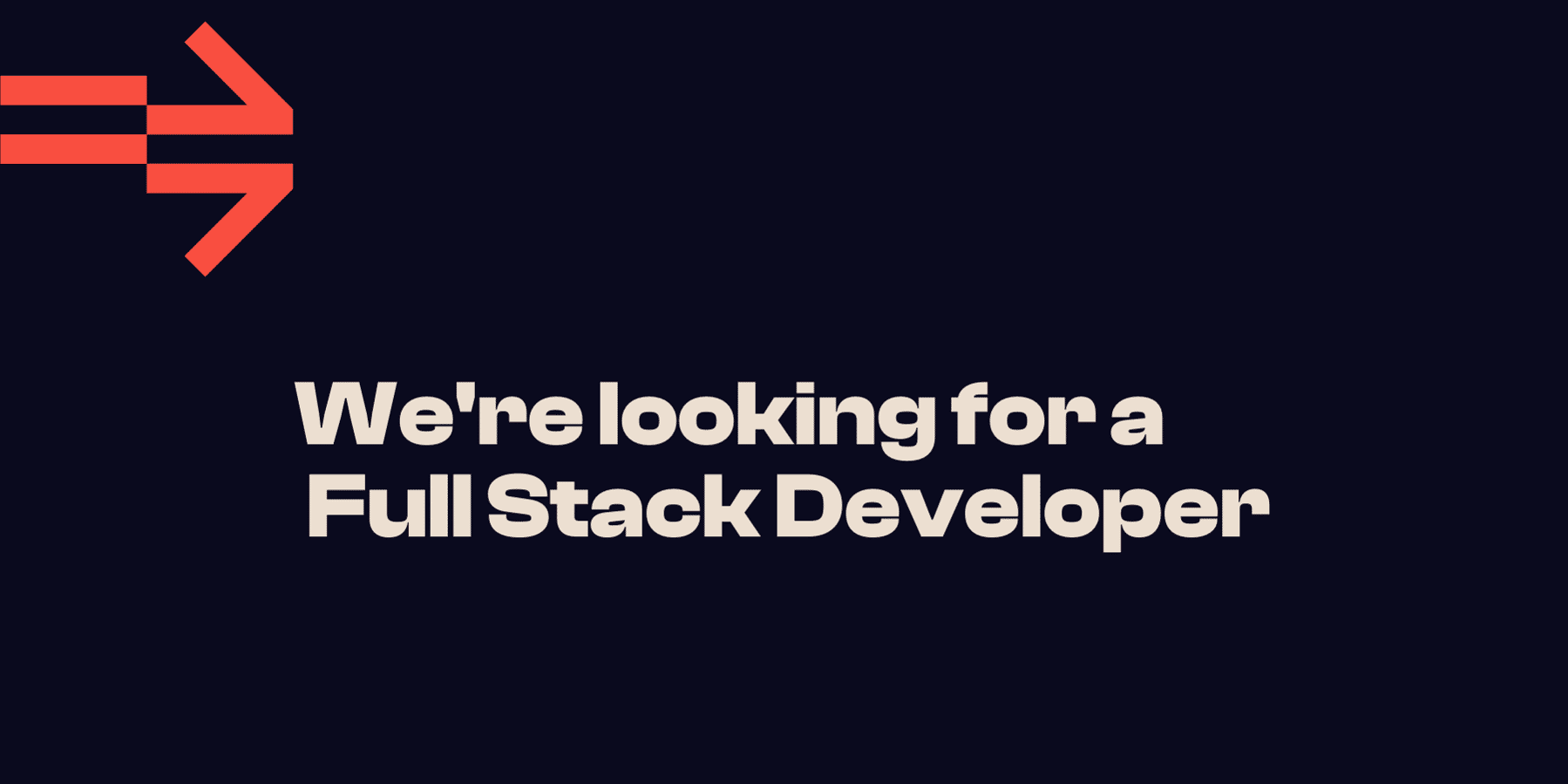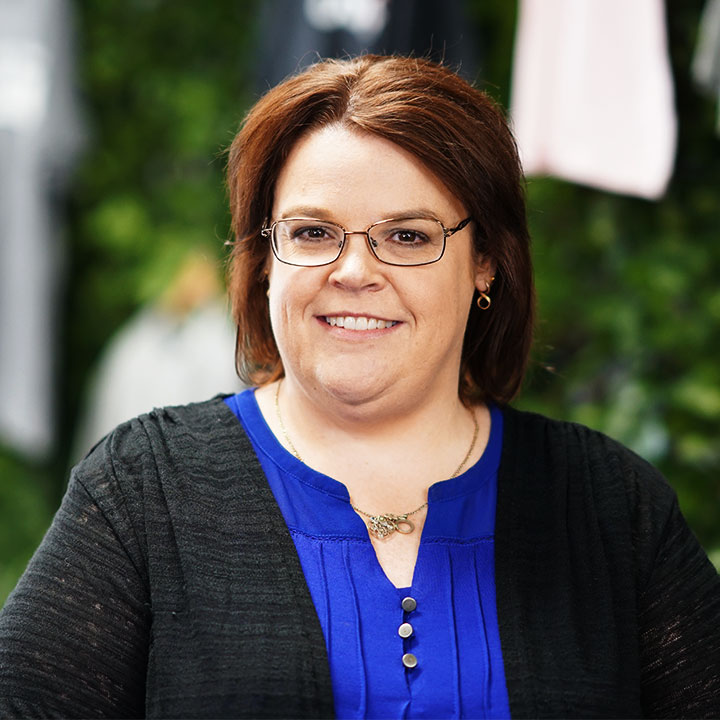Building your value statement & organisation culture

Last updated: 07 January 2021
When I started this business, I underestimated the value of a lot of formal structures. Things like vision and mission statements and documented processes seemed unnecessary when working from home. My dogs were my colleagues. They didn't care about values as long as they got their food and a scratch behind the ear.
But as you grow, these things that you think only big business need become far more valuable for your business. Things like value statements are easy to overlook when you're small. When you're a one or two-person organisation, it doesn't matter, right? It's one of those things bigger businesses need.
Then one day, you find yourself with a team of 8 from varying backgrounds and experience levels, and it's suddenly much more relevant. And urgent.
We overlook it because we think values don't matter as much as the ability to do the job. We believe in a small team we're all on the same page because we communicate so much. Or at least I did. I assumed this was the case for the longest time.
Over the past year, I've had a rethink on this, as I looked to scale the business. Starting a business is easy these days. Anyone who has a computer and an internet connection can start a company, but successfully scaling that business is a lot harder.
To successfully scale Refuel, I wanted to learn from those who had already successfully done it. I sought out feedback from a range of business owners who have already followed this journey and had some honest conversations with colleagues and our team along the way. I now hope to share more of these learnings on our blog, to help our customers pick up tips to scale their own business.
As a result of this journey, recently we felt it necessary to develop our own published workplace culture and values. We looked to establish a list of shared values that contribute to the unique culture our team enjoy at Refuel.
With the publishing of our values, I thought it might be relevant to reflect on the process, why we did it, in the hope it might help others.
I'm not going to talk in detail about our values in this blog. You can read about Our Values at any time you like. But I am going to go into detail the process we went through, why we did it, and how you can develop your own company culture.
How does publishing our values change the way we do business?
In many ways, it doesn't. Our team were already well aligned, so on the surface, it's business as usual. What it does do is help every person understand they share common values with the other members of the team.
Publishing the values on our website has two key benefits moving forward.
For people looking for a job, it shows our values upfront and helps us stand out as an employer in a crowded market. One founder I spoke to said by publishing their values, they became an employer of choice, and people sought out opportunities at their company. This allowed his company to attract and retain the best talent.
For organisations looking to work with us, it helps attract clients that are the best fit. If a potential client reads our values statement and doesn't want to work with us, it's best that happens upfront, as they're likely not to be a good fit.
How did we run our values process?
I reached out to several colleagues and business contacts before we started this process to get ideas on how to customise this for us. I knew I didn't want a consultant, and felt that we were small enough, and had a close enough team, that we’d be ok with an honest conversation.
Organisational Culture Questionnaire
Andrea whipped up a simple survey in Typeform. All the questions were Long Text, to help us get valuable, unprompted answers. We wanted open-ended responses so that people gave us genuine answers, not the answers they think we wanted.
The questions were straightforward:
- What do you value most in your role at Refuel?
- What do you value most overall in your career?
- What makes you happiest/most proud about working at Refuel?
- What qualities do you value in your teammates?
- What qualities do you believe are important for you to have as a valuable team member?
- What qualities do you believe are important for you to have as a valuable team member?
- When thinking about other brands in any industry, what values and qualities do you admire most?
- What is your dream workplace? (Use specific company names/real-life example)
- Why is this your dream workplace?
The survey was completely anonymous. Everyone on our team completed the survey in their own time over a period of two weeks. No one teamed up with anyone else to complete it; answers were individual.
Survey Analysis
The next step was simply going through the survey and looking at everyone's answers.
An amazing thing happened when everyone had completed this.
The answers matched.
Well, not exactly. People used their wording and had their inflection on each answer. But the core principles matched across every member of the team.
The other rewarding aspect for me was that the values put forward by the team were the same as mine.
These shared values matter to me because I'm trying to build a company culture that aligns with my values. I want to create a company I want to work in, not that I have to work in, and I believed I had hired appropriately.
My desired culture is open, transparent and supportive. This culture also has to align with what I've enjoyed about workplaces in the past.
I also want to embrace a strong feedback culture. None of us is perfect, so we should be free to give and receive constructive feedback, but personal attacks can't be tolerated. We're pushing the bleeding edge, and this feedback is critical. The survey indicated people valued the lack of strong hierarchy, and the fact they were given valuable feedback and an opportunity to develop, but equally felt comfortable to provide this feedback.
It was a rewarding reflection on what I've been working towards over the course of 2019.
Once we'd completed this analysis, we put the results into a short, basic Google Slides presentation to form the basis of our team review meeting.
Team review
With the survey results in hand, we booked a meeting with the team to review, discuss, and decide on our final values.
This meeting was a monster by our standards. We got take out from a great Mexican restaurant across the road, picked up some drinks, and started over Friday team lunch. We finished about 3 hours later.
Why was it long when we had shared values? Simply because people had pride in their workplace and what we were communicating, so most of this time was spent grouping our values into common buckets. We were looking to list an easily digestible, concise list of values. So we worked on making sure these reflected our team, our way of doing business, and our own unique company culture.
How much did we spend?
Many of you will only be interested in the cost. For us, we decided we didn't need any external experts or consultants. Still, I did ask some fellow business owners and founders for their suggestions. As a result, this was a reasonably low-cost exercise which only included staff time.
The survey itself took two people roughly 1.5 hours to develop, check and share with the team on Slack.
Reviewing the survey and putting together the agenda and presentation for the team meeting was another 1.5 hours combined for two people. Some of that time involved examining the values and culture of other organisations. Our list of similar organisations included:
- BigCommerce, who has a great page and video on their values.
- HubSpot, who published their Culture Code and process for others to consider.
- Agencies similar to ours but in other countries, who have similar values and ethos.
The meeting to review and develop our publishable values had seven people in a meeting for 3 hours, so this was 21 hours of staff time, plus the cost of lunch for seven people.
Alessia and Andrea then got to work on writing the values out and expanding on them to publish on our website. They spent another 3 hours in total, including other team members reviewing.
Finally, building the Our Values page on our website was about another 2 hours.
Cost all up? Twenty-nine hours of staff time plus lunch.
That is less than one week of one staff members' time.
When you hire a single bad fit team member, you lose more time than we spent on the entire process.
You spend time onboarding someone who will not be around at the end of their probation. You spend time training this person, developing them. Then you spend time offboarding them before you start working on finding a new person for their position. It's a hugely expensive process in terms of both time and money, so if we can improve the process and get a better result, it's worth it.
What are we doing with our values?
We recently published our values on our website for all to read. We hope, like others, that these help us attract and retain the best fit members of our team and clients.
We have also incorporated our values into our hiring process. Our job posts refer to our values as a way of appropriately preparing applicants. We don't want bad fit applicants wasting their time applying, as we will use our published values as an assessment tool when considering applicants.
Our hiring applications now also include questions around values and a basic personality profile, providing us with additional screening criteria. We can check these before an initial phone interview, so we're only interviewing the best-fit applicants. We have already seen a reduction in bad fit applicants in our first application, with all those completing the form worth considering.
Who cares?
If you're the business owner or manager, you do.
I'm sure some of you have gotten this far and still think it's all a waste of time, and that's fine.
But consider this. Your organisational values are the unique social and psychological environment of your team, your community. It's the shared assumptions among your team.
Considering that completing this exercise, depending on the size of your organisation, could cost you less than the cost of one bad hire, I strongly feel it's valuable. I wish I'd done it sooner!
You'll notice I keep using the word 'organisation' rather than 'company' too. I believe this is helpful whether you're a freelancer or sole trader, a company, a not-for-profit or even a Government department.
Values are one of those things that are easy to overlook when you're small, but this is precisely the time to start documenting them. There are several benefits when you're small, including:
- Being better placed to successfully hire your first employee when that time comes, knowing they'll be an excellent fit for your team.
- Finding the right network of contractors and freelancers that will work well with you.
- Helping you know when to turn down a bad fit client. Often you'll already know in your gut, but having a written framework is helpful.
When you're a larger organisation, the benefits of organisation culture are much easier to justify and measure:
- Hiring better fit employees, who work better and more efficiently with the rest of the team, and stay with your organisation for longer.
- Less human resources complaints.
- Healthy workplace culture giving you a more enjoyable office environment.
So where to from here?
I hope some of those who read this take the opportunity to develop their own strong organisational culture. Share it with your senior management team, discuss it with members of your organisation, and build an organisation you can be proud of.
If you do follow the same process, it’d be great to hear from you in the comments on how you found it, so we can benefit from your feedback.
Just don’t copy our values. Find your own corporate cultures that fit with your own team. If you need help, or just want to discuss, please feel free to use the button below to book a call where we can share notes.







